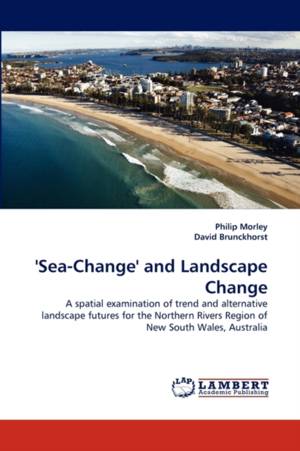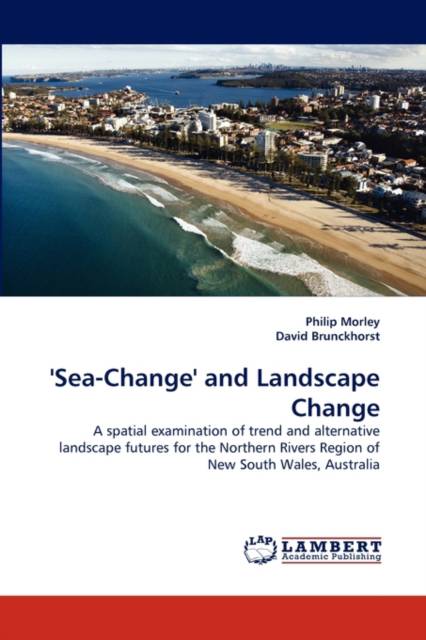
Je cadeautjes zeker op tijd in huis hebben voor de feestdagen? Kom langs in onze winkels en vind het perfecte geschenk!
- Afhalen na 1 uur in een winkel met voorraad
- Gratis thuislevering in België vanaf € 30
- Ruim aanbod met 7 miljoen producten
Je cadeautjes zeker op tijd in huis hebben voor de feestdagen? Kom langs in onze winkels en vind het perfecte geschenk!
- Afhalen na 1 uur in een winkel met voorraad
- Gratis thuislevering in België vanaf € 30
- Ruim aanbod met 7 miljoen producten
Zoeken
'Sea-Change' and Landscape Change
A spatial examination of trend and alternative landscape futures for the Northern Rivers Region of New South Wales, Australia
Philip Morley, David Brunckhorst
Paperback | Engels
€ 101,45
+ 202 punten
Omschrijving
Past policies and landscape changes influence future directions. Human society tooled with powerful machines since the industrial revolution have become the major altering force on landscapes and regions. The affluence of some recent generations in developed countries adds further social expectations for change, particularly urban development in naturally aesthetic places. Internal migration to a comfortable beach side lifestyle or 'hobby farm' puts enormous pressure on local government to make land available and provide services to meet these expectations. Pro-development policies and planning has therefore created landscape changes that include the loss of agricultural land, vegetation communities, and an increased demand on ecosystem services. The use of remote sensing and geographical information systems allows the modelling and visualisation of future landscapes and regions. Subsequent scenario creation and analysis provides the capacity to make informed decisions today about the landscapes of the future.
Specificaties
Betrokkenen
- Auteur(s):
- Uitgeverij:
Inhoud
- Aantal bladzijden:
- 384
- Taal:
- Engels
Eigenschappen
- Productcode (EAN):
- 9783838385419
- Verschijningsdatum:
- 7/09/2010
- Uitvoering:
- Paperback
- Afmetingen:
- 158 mm x 231 mm
- Gewicht:
- 600 g

Alleen bij Standaard Boekhandel
+ 202 punten op je klantenkaart van Standaard Boekhandel
Beoordelingen
We publiceren alleen reviews die voldoen aan de voorwaarden voor reviews. Bekijk onze voorwaarden voor reviews.









